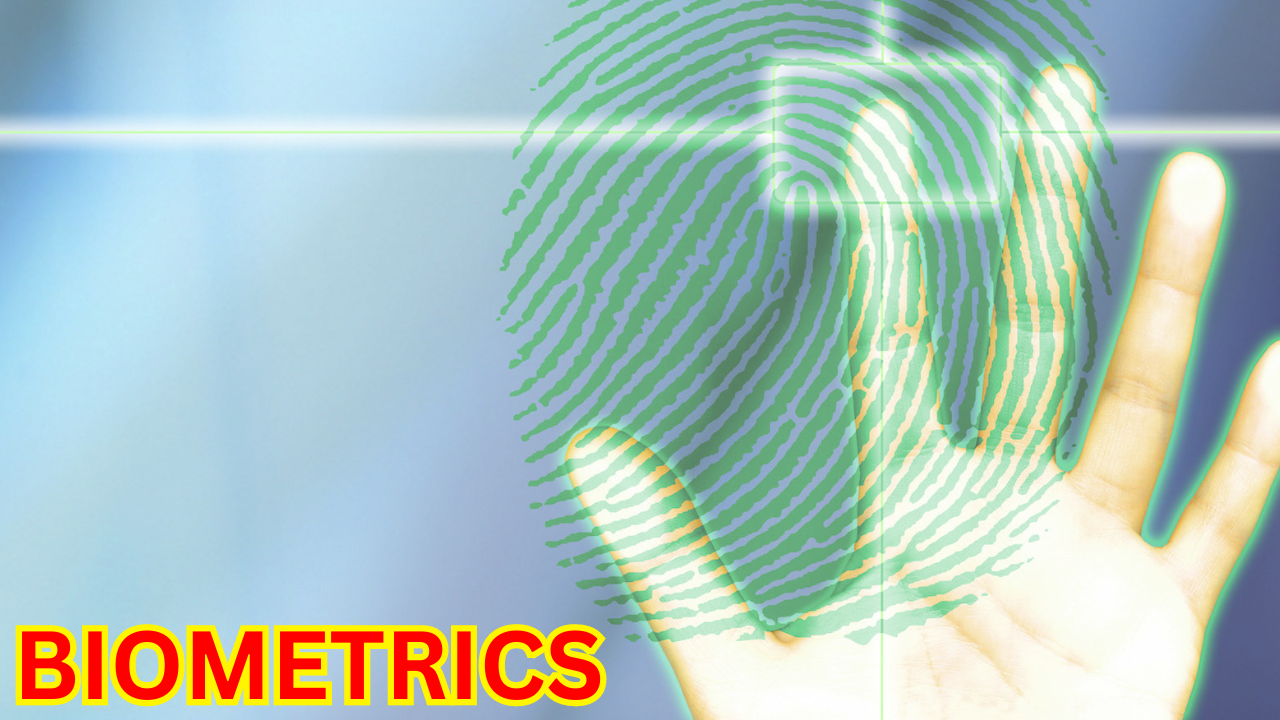Biometrics are revolutionizing digital security by using our unique physical traits to protect our data. Think about it, your fingertips, face, or even your voice is like a personal key that is nearly impossible to replicate. This technology not only enhances security but also streamlines access. No more forgetting passwords or fumbling with keys. We can safeguard sensitive information with biometric authentication while enjoying a seamless user experience. As cyber threats evolve, biometrics stand at the forefront, making our digital lives safer and more convenient. It is like a security guard always with you, your body.
What Are Biometrics?
Biometrics are trends that can be specific to all and diverse and can be used to verify their identification. Common biometric methods include:
- Fingerprints: The patterns of ridges and valleys to your fingertips.
- Facial Recognition: The particular functions and shape of your face.
- Voice Recognition: The distinct traits of your voice.
- Iris Recognition: The specific patterns in the colored part of your eye.
These techniques are used to create a digital profile of your precise trends, which may be used to steady your debts and information.
Enhanced Security:
One of the primary advantages of biometrics is that they provide better security. Unlike passwords or PINs, biometric tendencies are tough to duplicate or deny. For example, it is a whole lot more difficult for a person to copy your fingerprint or fake your facial capabilities as compared to hacking a password. This makes it harder for unauthorized individuals to get admission to your accounts or sensitive records.
Convenience:
Biometrics also make protection extra convenient. Instead of remembering complex passwords or carrying around safety tokens, you may use your fingerprint, face, or voice to access your gadgets and accounts. This streamlines the system of logging in and reduces the possibilities of forgetting passwords or dropping get right of entry to credentials. With biometrics, you may fast and easily verify your identity without the trouble of remembering or coping with a couple of passwords.
Fraud Prevention:
Biometrics helps prevent fraud by offering a high degree of accuracy in identifying individuals. Traditional protection techniques, like passwords or ID playing cards, maybe stolen, shared, or guessed. Biometrics, then again, are tied to your precise physical or behavioral developments, making it an awful lot harder for a person else to impersonate you. This added layer of protection allows guard against identification theft and fraud.
Increased Access Control:
With biometrics, you could have better control over who has to get entry to certain areas or data. For example, biometric systems may be used in secure buildings, records facilities, or maybe personal gadgets. By the use of biometric authentication, you ensure that the best legal people can enter restrained areas or get admission to sensitive information. This makes it less complicated to manage and put in power access management rules.
Easy Integration:
Biometric technology is becoming an increasing number of included in numerous gadgets and structures. Many smartphones, tablets, and computers now include integrated biometric sensors, like fingerprint scanners or facial reputation technology. This integration makes it less difficult for users to undertake biometric safety with no need for additional hardware or complicated setups. As technology advances, biometric structures have become more available and person-pleasant.
Continuous Improvement:
Biometric technology continues to improve and evolve. Advances in machine-learning knowledge of and artificial intelligence are making biometric systems greater accurate and dependable. For example, contemporary facial recognition systems can pick out individuals even though they exchange their style or grow facial hair. These improvements make biometrics a more strong and future-evidence answer for virtual security.
Privacy Concerns:
While biometrics provide many advantages, it is important to keep in mind privacy concerns. Biometric data is sensitive, and if now not properly covered, it can be misused. Groups must put into effect strong security measures to shield biometric statistics from unauthorized right of entry or breaches. Additionally, customers have to be aware of how their biometric records are accumulated, stored, and used to ensure their privacy is reputable.
Conclusion:
Biometrics are an effective tool for improving virtual security. By the usage of particular physical or behavioral developments, biometrics provide greater safety, convenience, and fraud prevention. As technology continues to develop, biometric systems have become more included and dependable. While there are privacy worries to deal with, the advantages of biometrics lead them to a precious addition to our digital safety toolkit. Whether it is for gaining access to your phone, securing your private home, or defending sensitive records, biometrics can assist in maintaining your statistics safe and stable.
